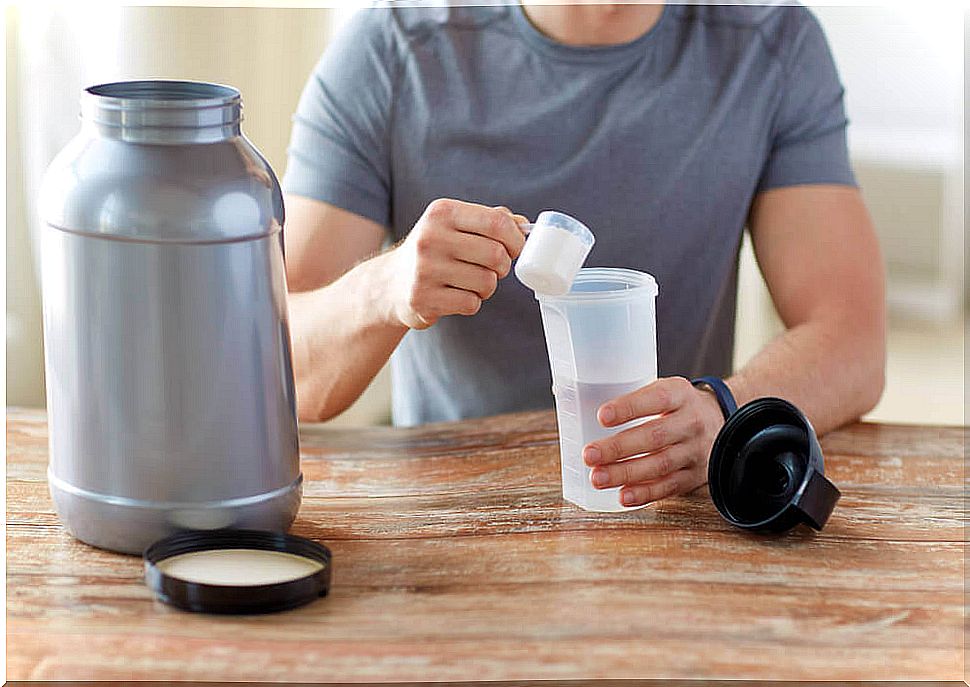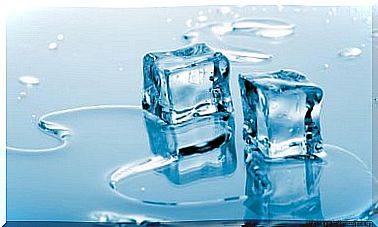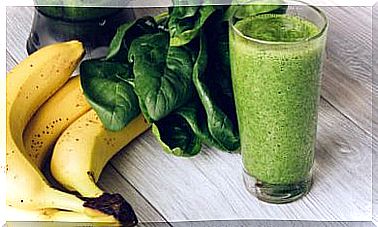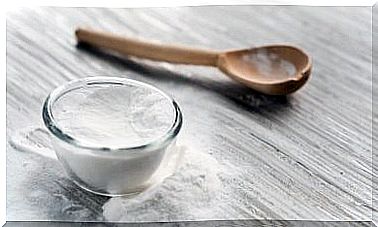Is It Possible To Improve Performance Through Diet?
One of the main questions in sports nutrition is whether you can improve performance through diet. It is clear that training is a main component when it comes to improving efficiency, however, food can play an important role.
In this way, if we do not ingest the necessary nutrients, we will not be able to reach our maximum competitive exponent. In addition, there are certain protocols and substances that allow us to improve our usual performance.
Improving performance through diet: what you need to know

Glycogen loads
One of the most common strategies to improve performance in anaerobic or long-duration sports is to perform a glycogen load the days before. This consists of depleting glycogen by low carbohydrate intake, followed by over-replenishment by eating a high amount of sugar over a period of 1 or 2 days.
In this way, it is possible to accumulate more glycogen in muscle and liver deposits than can be stored normally. This strategy results in greater energy bioavailability and a delay in the onset of fatigue. It is used, for example, in team sports such as football and in some contact sports.
Ketogenic diet in aerobic sports
One way to improve the efficiency of lipid oxidation for energy production in aerobic sports is the use of ketogenic diets. Training in the absence of carbohydrates or fasting improves mitochondrial reproduction and the efficiency of lipid beta oxidation, so that an adaptation of the body occurs.
This adaptation increases performance and is an advantage over an individual who does not carry out this type of strategy. It is usually used in long-term or long-distance sports and anaerobic efforts are not recommended during this period of ketosis or fasting.
Under this protocol. the effort made must be less than 60% of the maximum capacity, to prevent dizziness and muscle problems.
Supplements to improve performance
There are certain substances on the market that allow to increase the yield in a legal way. Creatine, for example, increases strength and resistance to strength values. Intra and extra cellular buffers, such as beta alanine and bicarbonate, delay the onset of fatigue.
Meanwhile, caffeine improves the response of the central nervous system and delays the onset of fatigue. These substances, therefore, allow to increase the sports capacity of the individual without causing secondary effects or damage to health.
However, they need to be used correctly to maximize their effects. Creatine and beta alanine, for example, are often used cyclically. Bicarbonate, however, is falling into disuse due to its poor practicality, too high doses are needed to produce a beneficial effect.
Instead, nitrites are increasingly being used as vasodilator compounds. An example of this are beet concentrates, rich in this substance.

It is important to combine food with correct training
Food can improve performance, always within the framework of a suitable training program. In the same way that you cannot build muscle through protein intake alone, to improve athletic performance it is necessary to subject the body to the necessary workloads.
Therefore, it is important to carry out a diet rich in the macro and micronutrients essential for the proper functioning of the body, but also to be consistent with training.
Diet to improve performance: conclusion
The diet is a fundamental part to guarantee the athlete’s performance. Carrying out a correct diet prevents sports efficiency from declining and there are associated health problems. In addition, there are strategies that allow increasing performance against individuals who do not follow a specific dietary plan.
Depending on the type of sport you do, you can use supplements, training in ketosis or glycogen loads to improve the competitive result. However, it is interesting to consult the nutritionist before making a decision about it.
Many of the supplements must be consumed under a certain dosage and guidelines to achieve their full effect. On the other hand, it is crucial that, in the case of deciding to train on an empty stomach or load glycogen, a professional supervises the diet and training plans to minimize risks and complications.









